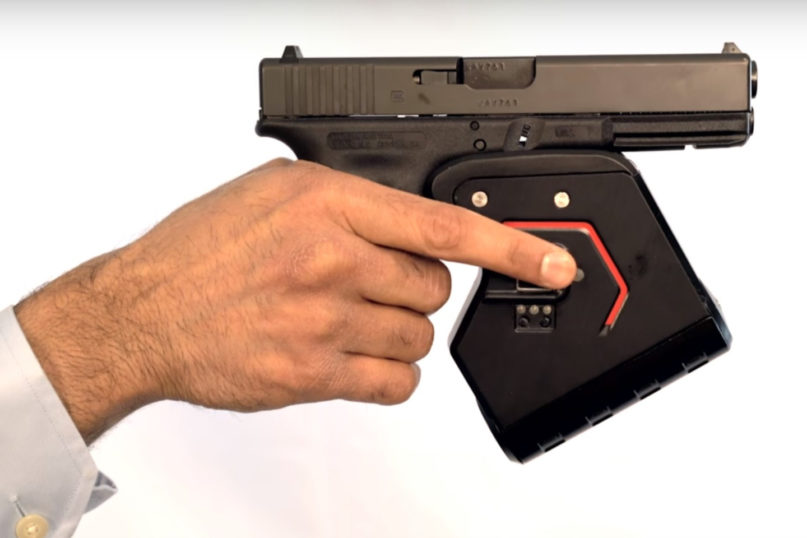
A smart gun would have a finger scan to unlock it as some phones do, before it could be fired.
The United States of America loves guns, they are as much a part of the culture as apple pie and baseball. There are over 300 million guns owned privately by US citizens. Yet there is another culture brewing in the U. S. of A., gun control. As more school shootings and mass shootings in general happen in this country, there is more and more resistance to gun use and actual push to limit it. Would smart guns help this problem?
First off, what are smart guns? We have smartphones and smart televisions but what would it mean for a gun to be smart and how would it be beneficial? The term smart gun usually refers to the owner’s authorization of the firearm. A smart gun would have a finger scan to unlock it as some phones do, before it could be fired. Only the owner and those they authorize to use it could unlock and thus fire it. This function would help keep children, thieves, and basically anyone not specifically allowed by the owner to use it.
Only the owner and those they authorize to use it could unlock and thus fire it. This function would help keep children, thieves, and basically anyone not specifically allowed by the owner to use it.
On the surface smart guns seem like a good thing, whether you are pro-gun or for gun control. So why don’t we have smart guns on the market yet? The idea of personalized smart guns first came about in the 1990s. Of course, this way before such a technology was already apart of our daily lives as it is today. Smith and Wesson came up with the concept of smart guns and even ran a campaign that was highly supported by investors, yet the company said it received a lot of backlash from it.
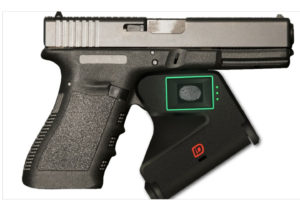 The National Rifle Association was one of the biggest opponents to smart guns surprisingly. Gunmakers suggested that this new technology could be more harmful than helpful. In a report filed with the U.S. Securities and Exchange Commission SEC in February, Sturm, Ruger and Co. described flailing RFID technology and ineffective biometric readers as “difficult design issues” that prevent the development of a smart gun. “Despite blanket assertions to the contrary,” the company wrote, “no proven user-authentication technology exists.”
The National Rifle Association was one of the biggest opponents to smart guns surprisingly. Gunmakers suggested that this new technology could be more harmful than helpful. In a report filed with the U.S. Securities and Exchange Commission SEC in February, Sturm, Ruger and Co. described flailing RFID technology and ineffective biometric readers as “difficult design issues” that prevent the development of a smart gun. “Despite blanket assertions to the contrary,” the company wrote, “no proven user-authentication technology exists.”
“How many times have you tried to unlock your iPhone and it’s like [no]?” said Trae Stephens, co-founder of Anduril Industries. “This is one of the rare situations in which false negatives are the difference between life and death.”

By: Alexandria Addesso, Kean College, NJ












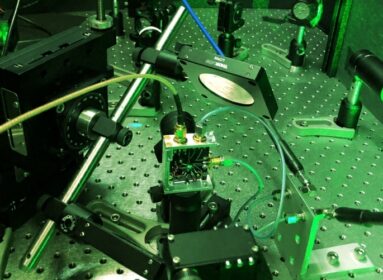
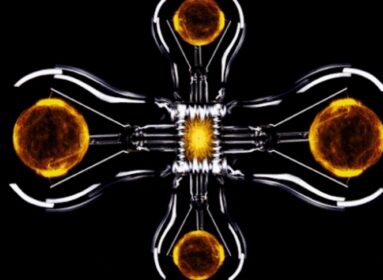










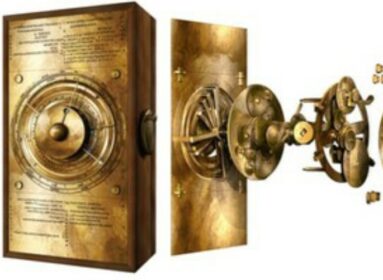









































Comments are closed.